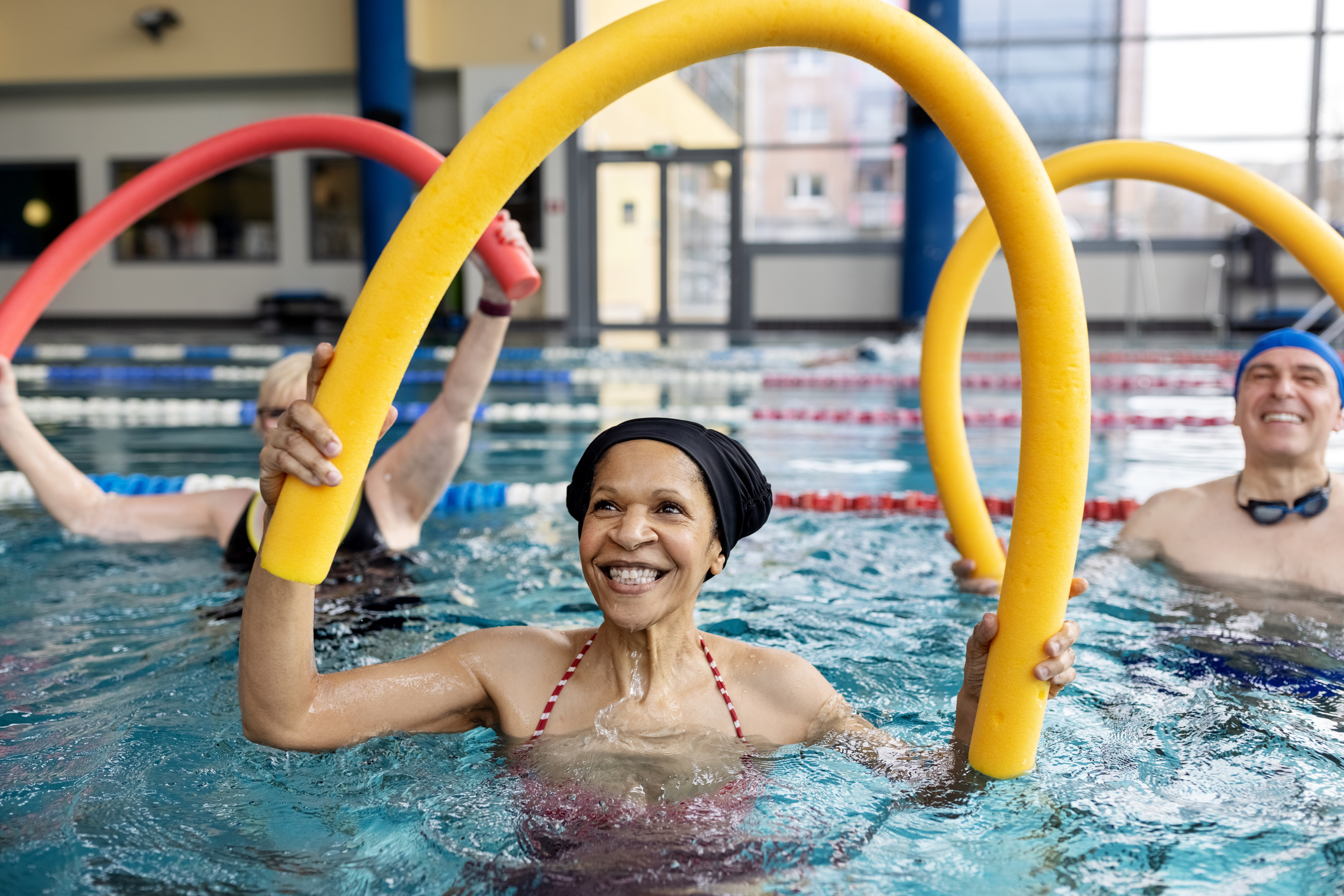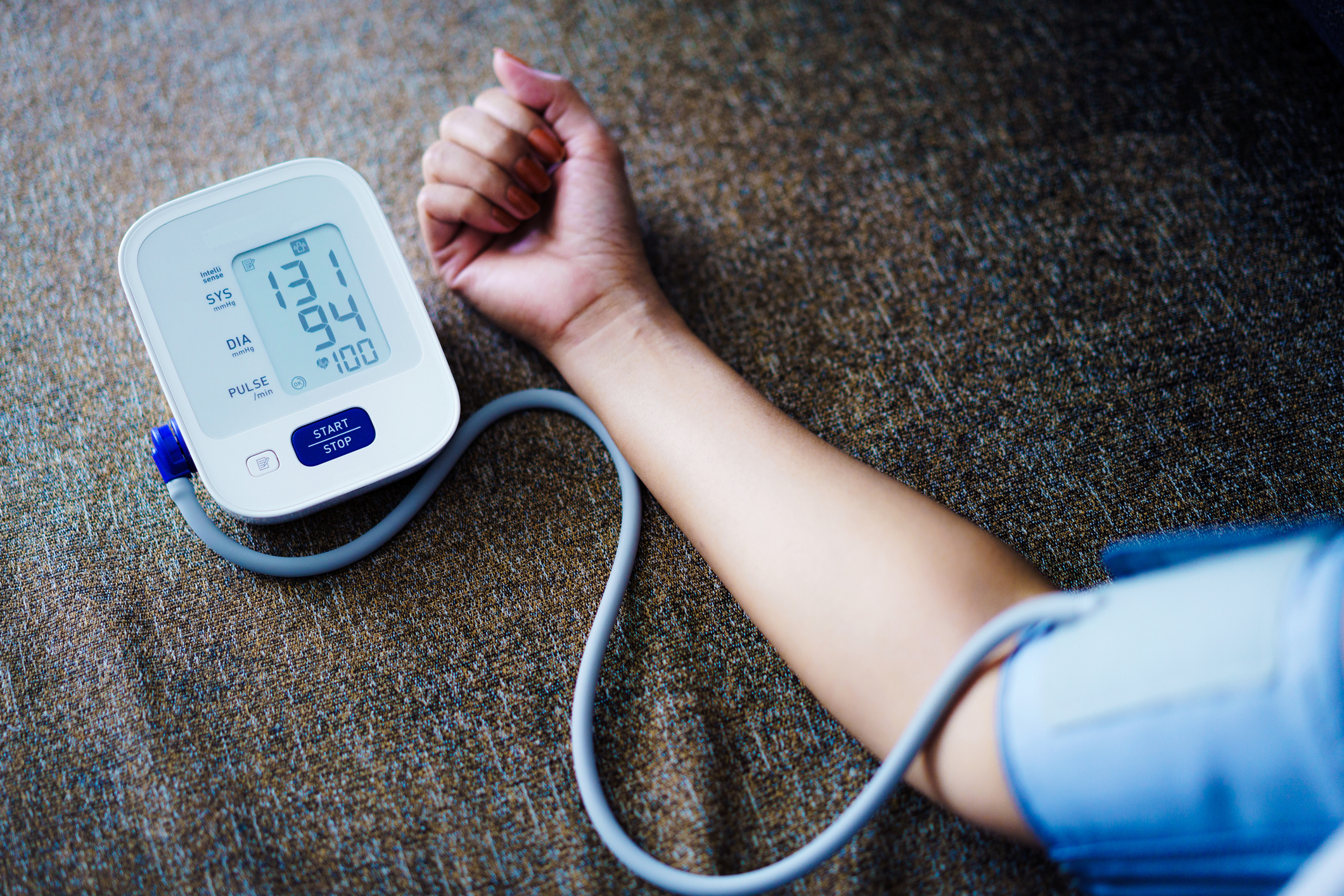take over these habits now and your brain will give thanks you .
More than 55 million multitude across the globehave dementedness , which describes a cluster of symptoms ― such as memory passing , overall cognitive disability , and psychological changes ― as well as specific atmospheric condition such as Alzheimer ’s disease , fit in to the World Health Organization . case continue to uprise at alarming rates , with about 10 million peopledeveloping dementia each yr .
This underscores the importance of wit wellness , an umbrella term that emphasizes the health of all cognitive skills and abilities . Dr. Zaldy Tan , director of theMaxine & Bernard Platzer Lynn Family Memory & Healthy Aging Programat Cedars - Sinai , explained that “ brain health is the state of matter that allow a person to adequately perform authoritative twenty-four hour period - to - solar day role such as purposeful movements , communication , thinking and learning . ”

“ As a society , we should pay tending to brain wellness from the start of one ’s living , ” Dr. Dylan Wint , director of theCleveland Clinic Lou Ruvo Center for Brain Health , told HuffPost , adding that brain health is impact by “ choices made over a lifetime . ”
It ’s important to observe that genetics , chronic illness and other single risk factors can play a role in the maturation of dementedness . However , physicians agree there are universal way to dramatically advance your cognitive functioning . concord to dementia experts , these are seven brainpower wellness rules to adopt that willkeep your mind sharp as you mature .
1. Regularly incorporate exercise into your weekly routine
enquiry has shown that regularphysical activeness is good to one ’s cognitive performance , working to decrease stress , antagonise the internal secretion that worsen anxiety and sharpen memory .
As Tan further explained , “ forcible exercise is important to ensure healthy artery and adequate blood flow to the brain , and also reduces the risk for falls which can lead to head trauma . ”
You do n’t require to sign up for a 5 K or hit the gym every day ; it ’s most important to prioritise consistency over intensity . “ receive way to establish more movement into your day — walking , dancing , gardening . Whatever works for you , ” saidHeather M. Snyder , the Alzheimer ’s Association ’s frailty president of aesculapian and scientific relations .

2. Challenge your brain with new activities
The brain may not be a muscle ( it ’s an reed organ ) , but a safe rule of quarter round is to treat it like one . Experts suggest beef up the nous through rise new accomplishment can boost neuroplasticity , whichencourages the psyche to conform , change and grow over clock time .
“ You could try brain games , a new hobby , withdraw a class at a college or community center , or discover a new nomenclature or instrument , ” Wint explained . “ When determining whether an activity can have some cognitive welfare , what ’s most of import is that you are challenged and learning . ”
3. Sleep, sleep, sleep
Aiming to get a good night ’s rest ―around seven hour of uninterrupted , revitalizing sleep― is essential to keeping cognitive functioning in tip - top shape . While snoozing , the brain is still at workflushing out toxinsthat are directly linked to a heightened peril of produce dementia , as well as general cognitive issues . Moreover , sleep plays an important role in memory consolidation , excited processing and improving problem - figure out ability .
“ Do all you could to minimise disruptions , ” Snyder sound out . “ If you have any sleep - link up problems , such as sleep apnea , babble out to a health maintenance provider . ”
saw wood , teeth grind , extravagant daytime sleepiness and frequently reach bathroom trips at night are sign that may suggest you ’re deal with anunderlying sleep disorder .

4. Give your mind a break
Aside from get passable shut - eye , schedulingintentional downtimeallows your creative thinker the much - need space to relax , recover , and readjust .
“ Just like our brawn and joints ask to regain after a strenuous workout , our brains need a period of rest after a trying and in use solar day of study or dark of socialization , ” enunciate Tan , adding that knowing downtime may look like “ taking short naps during the Clarence Shepard Day Jr. or even just close your eyes and meditating . ”
5. Address chronic stress and high blood pressure
Not only is addressing potential rest issues life-sustaining to boosting your brain , but undertake continuing accent is crucial to knowledge .
According to Tan , chronic stress can “ precede to higher rakehell pressure , which is detrimental to brain and heart wellness . ” In fact , study have reveal thathigh descent pressure ( aka hypertension ) leads to store going , a sharp descent in planning and organisational skill , and increase risk of having a stroke .
dietetic modifications and prescribing blood insistence medicationsare two common way that MD treat high blood pressure .

6. Stay social
Another key brainiac wellness rule is to avoid societal closing off . “ As social being , the human brain thrives on interacting with others . … When this does not happen , our memory and cognition can go down over time , ” Tan said . “ It is crucial to keep engaged and connected with others . ”
This does n’t mean you have to transform into a social butterfly stroke if you ’re anintrovert , but rather find a meaningful social activity to you . Wint noted this can include spending time with loved ones , participating in sports or ethnical activity , becoming take in a spiritual community or volunteering for an administration .
7. Quit smoking (or reduce how much you smoke)
The physical health risks of smoking cigaret are widely tell apart , but the damage done to the mind ca n’t be overstated . There is strong grounds to propose thatsmoking causes your learning ability to fall behind loudness and years prematurely , directly increase one ’s risk of grow Alzheimer ’s disease or another dementia condition .
Snyder explained that “ lay off smoking can lower the risk of cognitive declineback to levels similar to those who have not smoked . ”
While quitting smoke is certainly idealistic for those implicated about their cognitive well - being , it ’s authoritative to know that not everyone can or need to wholly cut baccy out of their lives . In this case , trypracticing tobacco plant harm reductionsuch as choosing New smokeless tobacco products or reduce overall intake .

likewise , alcohol is a known neurotoxinthat causes both short- and tenacious - term neurological damage , so purpose to reduce pulmonary tuberculosis is optimal for brain wellness .
Though you ca n’t all manipulate the manner your brain old age , adopt unproblematic rules such as these can add up in the longsighted foot race . “ When should one start assume these rule ? The earlier the better , but it ’s never too late to start , ” Tan said . This clause originally appeared onHuffPost .
